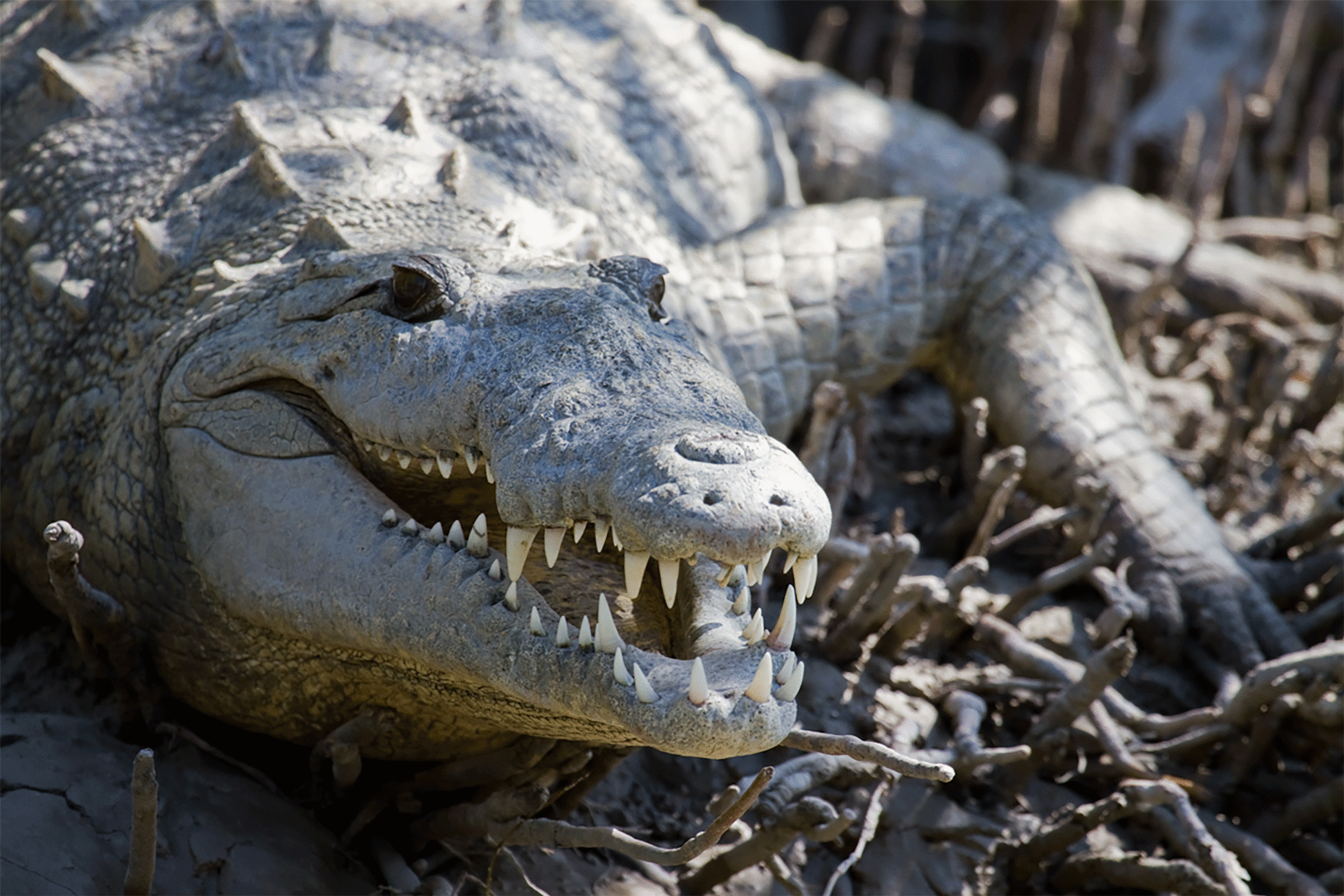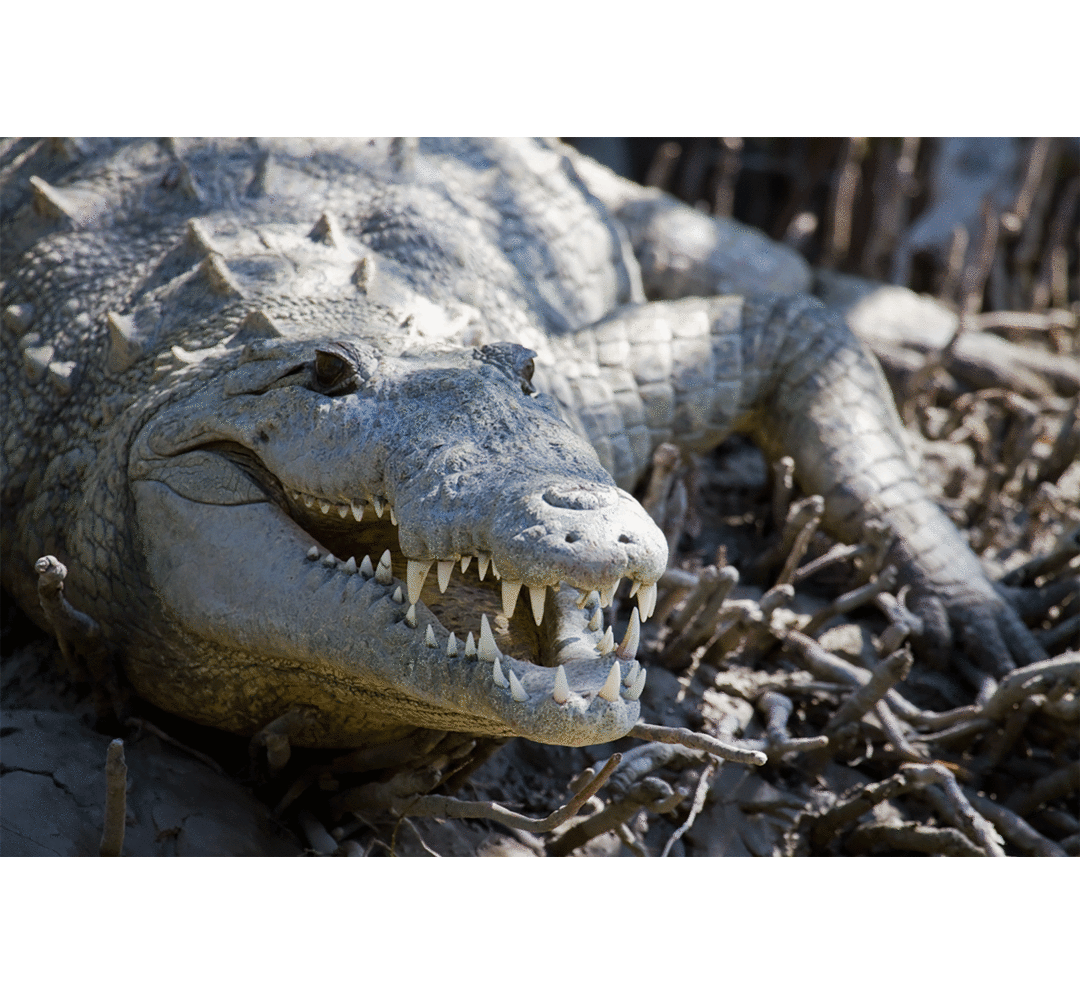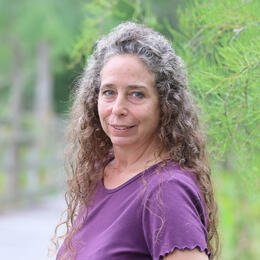For decades, American Crocodiles in Florida have been rarely-seen and underappreciated victims of coastal development and habitat destruction. Now, they are showing signs of retreat from rising sea temperatures, as evidenced by nest research conducted in Florida Bay by Audubon scientists and partners. Their study, entitled “Shifts in hatching date of American crocodile (Crocodylus acutus) in southern Florida,” has just been published in the Journal of Thermal Biology.
Unlike their alligator cousins, crocodiles are shy and prefer salty or brackish water. These denizens of the Everglades are typically found from South and Central America to South Florida, but individuals have been spotted as far north as Satellite Beach and Tampa. Throughout the year, these animals have the ability to crawl and swim wherever they please, however, their nesting efforts are clearly governed by their surroundings.
As reptiles, crocodiles are “ectothermic,” meaning they cannot generate their own body heat. They get their internal temperatures from the air and water surrounding them. Additionally, the gender of their offspring is affected by ambient temperatures within the nest.
Crocodiles were first listed as endangered by the U.S. Fish and Wildlife Service in 1975. In 1983, researchers began monitoring crocodile nesting efforts at two sites in Florida Bay -- one in Everglades National Park, and the other at Florida Power & Light’s Turkey Point Power Plant near Homestead -- as a way of documenting the population’s recovery.
Since monitoring began, scientists have been tracking nest hatch dates and sea surface temperatures and the study has shown a direct correlation: for every one degree (Celsius) increase in sea surface temperature, hatching occurs about ten days earlier in the Everglades, and 6 days earlier at Turkey Point. According to Jerry Lorenz, Ph.D., Director of Research at Audubon’s Everglades Science Center, crocodile eggs at the Everglades site have hatched an average of 1.5 days earlier every two years.
“Continuous funding and support over the course of the study was critical to our ability to consistently collect this data,” said Lorenz. “Long-term datasets like ours are necessary in order to conduct accurate analysis and provide a clear understanding of what is actually happening here in Florida Bay,” he concluded.
Research partners involved in the study include U.S. Geological Survey, Wetland and Aquatic Research Center; John Carroll University; U.S. Fish and Wildlife Service; University of Florida, Ft. Lauderdale Research and Education Center; Florida Power and Light; U.S. Fish and Wildlife Service, Bitter Lake National Wildlife Refuge, Roswell, NM; and Audubon Florida, Everglades Science Center.






